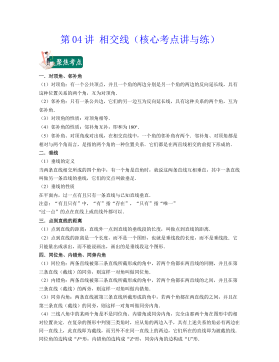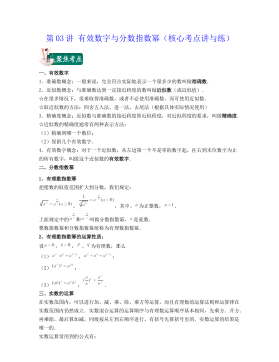我国政府预算过程中的权力配置研究
浙江财经学院硕士学位论文摘要随着我国财政体制改革和税制改革取得阶段性进展之后,我国从2000年开始着手启动了部门预算、收支分类等一系列的预算改革,并在2001年进行了以国库集中支付制度为重心的公共支出管理改革。一般来说,我国的支出管理改革是采用的系统推进的方法,比较有针对性和策略性,也比较容易完成,因为它的技术性比较强,易于操作。但是,我国预算改革却采用了改良修补的策略,没有一个整体的框架来指导整个预算体制的完善,这既是因为预算具有浓重的政治色彩,需要涉及大量的政治层面的变革,也需要政府甚至党的强有力支持,又因为在财政支出管理改革还不完善的前提下,预算的改革也更多的是象征性意义而非实质性的改变...
相关推荐
-
建筑工程投标文件范本-(格式)VIP免费
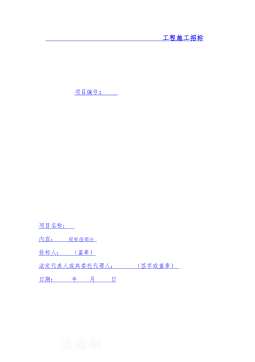
 2024-11-22 48
2024-11-22 48 -
疾病预防控制中心招标文件VIP免费
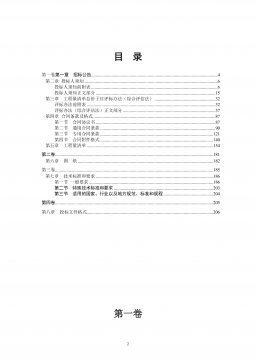
 2025-01-09 50
2025-01-09 50 -
体育健身中心施工招标文件VIP免费
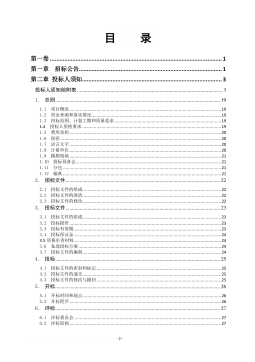
 2025-01-09 32
2025-01-09 32 -
江西丰城电厂及广东从化事故案例分析VIP免费

 2025-03-04 7
2025-03-04 7 -
钢结构节点图集CAD版(可编辑)VIP免费

 2025-03-04 20
2025-03-04 20 -
[青岛]精品工程亮点做法图片集(130页)VIP免费
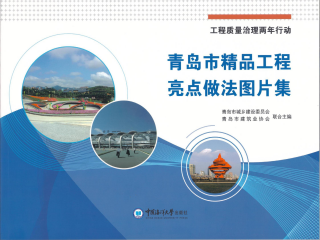
 2025-03-04 12
2025-03-04 12 -
外墙外保温工程技术规程JGJ144-2019VIP免费

 2025-03-04 11
2025-03-04 11 -
地铁停车场施工组织设计VIP免费
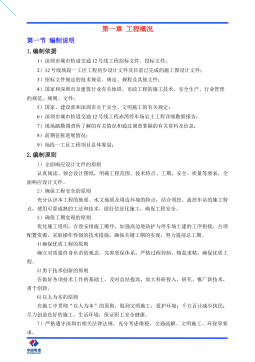
 2025-03-04 14
2025-03-04 14 -
项目建设安全管理流程图汇编VIP免费
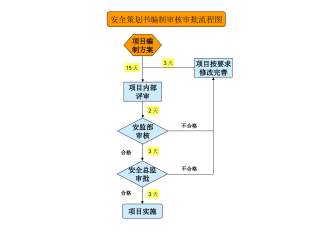
 2025-03-04 34
2025-03-04 34 -
特训班学习心得VIP免费
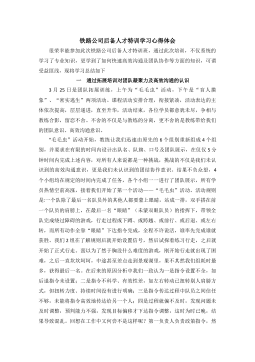
 2025-03-04 10
2025-03-04 10
作者详情
相关内容
-

[青岛]精品工程亮点做法图片集(130页)
分类:行业资料
时间:2025-03-04
标签:建筑工程、精品工程、细部节点做法、亮点做法
格式:PPT
价格:5 积分
-

外墙外保温工程技术规程JGJ144-2019
分类:行业资料
时间:2025-03-04
标签:外墙保温、工程、规范
格式:ZIP
价格:2 积分
-

地铁停车场施工组织设计
分类:行业资料
时间:2025-03-04
标签:地铁、场段、施工组织设计
格式:DOCX
价格:3 积分
-

项目建设安全管理流程图汇编
分类:行业资料
时间:2025-03-04
标签:安全管理、流程图
格式:PPT
价格:1 积分
-

特训班学习心得
分类:行业资料
时间:2025-03-04
标签:拓展培训、结构化思考、培训、心得体会
格式:DOCX
价格:1 积分


